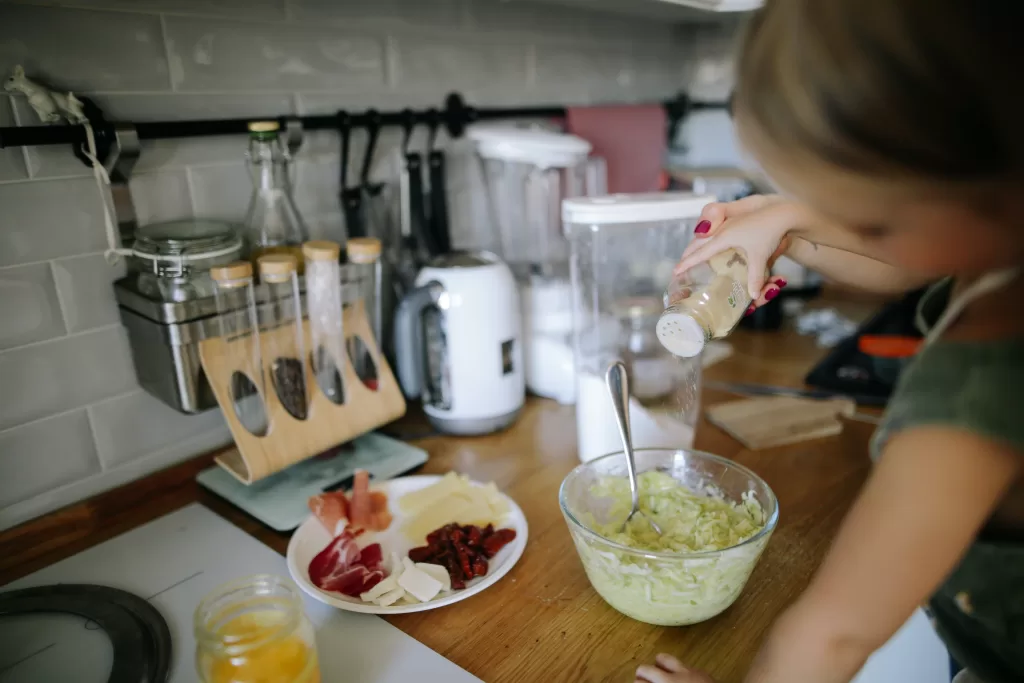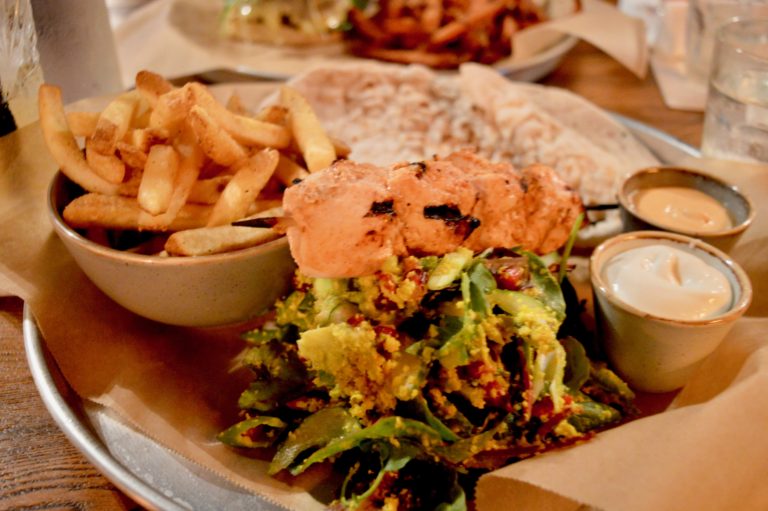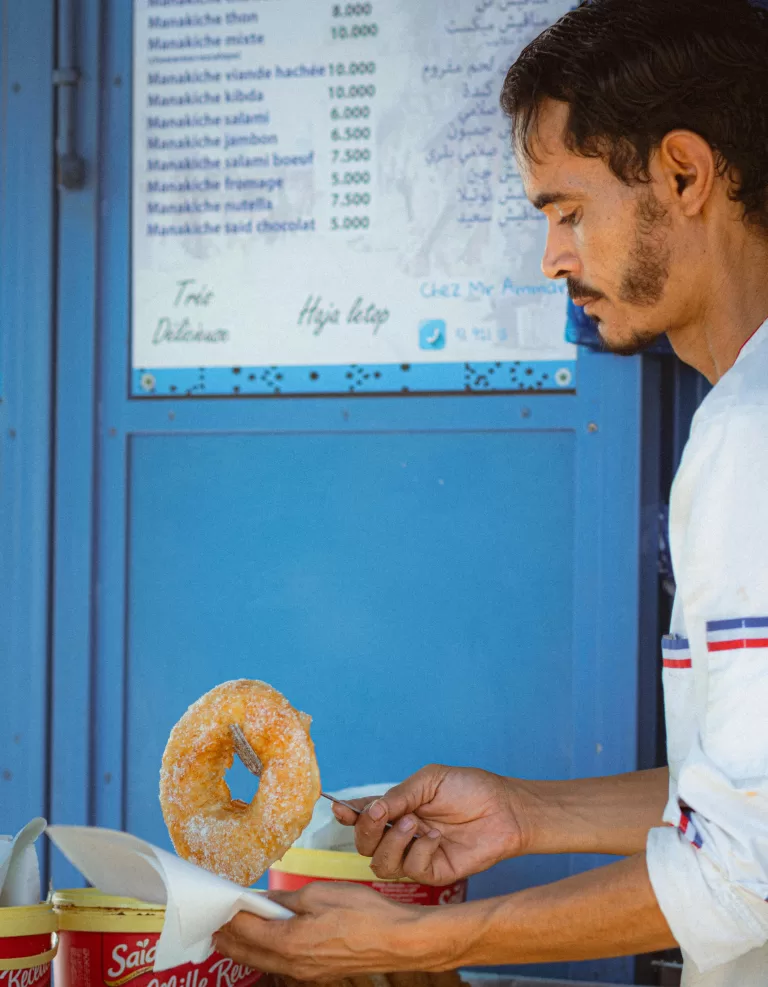6 Easy And Simple Tips For Cooking For Foster Children
As a foster carer in the UK, providing nutritious, delicious meals is an important part of caring for the foster children under your supervision. Cooking food that children enjoy and want to eat can be challenging but also very rewarding. Implementing some of these handy tips for making mealtimes special will help show your foster children that they are cared for.
6 Easy And Simple Tips For Cooking For Foster Children
Tip 1. Get Creative with Presentation
Foster children have often lacked stimulation in their environments. Make eating fun by crafting food into interesting shapes or artful arrangements on the plate. Use cookie cutters to make veggie slices into stars or hearts. Sculpt rice and mashed potatoes into mini sculptures. Frame the food with fresh herbs or edible flowers. The more visually appealing you make it, the more interested children will be in trying different dishes.
Tip 2. Cater to Their Needs
When fostering disabled children or those with special requirements, you must cater to their needs. Consult doctors and specialists about nutritional needs or dietary restrictions. Find recipes and tools, like adaptive plates or cutlery, to accommodate challenges with eating. Be patient, encourage independence, and provide the extra assistance required at mealtimes. Meeting individual needs takes effort but enables foster children to feel secure.
Tip 3. Make Decorative Dips and Toppings
Children love to dip and top their food themselves. Set out small dishes of tasty sauces, glazes, or dressings matched to the main course. Provide sprinkles, seeds, chopped veggies or herbs for topping. Not only does this add flavour, but it gives children control over customising their plates. Favourite dipping sauces include ketchup, ranch, honey mustard and barbecue.
Tip 4. Assign Themed Nights
Plan out themed dinner nights related to different world cuisines – Mexican Fiesta Night, Italian Pasta Party, Asian Street Food, etc. Decorate to match the theme and cook authentic recipes. This adds variety and exposes foster children to many cultures. Ask children about their ethnic backgrounds and work foods from those into the rotation.
Tip 5. Let Kids Help Out in the Kitchen
Foster children often lack control over their lives. Give them agency by allowing safe participation in meal preparation. Have them wash produce, stir batter, shape dough or decorate finished dishes. Make sure to match tasks to their individual ages and abilities. Supervise appropriately but let them take the lead on their assigned jobs. Kids are more likely to eat food they helped cook.
Tip 6. Grow Vegetables Together
Getting foster children involved in gardening teaches responsibility and encourages trying harvested foods. Allow space for them to grow veggies or herbs in the garden or windowsill pots. Cherry tomatoes, beans and peppers are great starter crops. Children who watched plants grow from seeds will be excited to sample the produce they cultivated. Use it in recipes you make together for extra pride.
Providing delicious, nutritious and fun meals is a bonding opportunity with foster children. Customising food to match their preferences and abilities demonstrates care for each child as an individual with value. Implementing engaging serving methods and letting kids contribute to preparation also gives them agency. So, put some extra creativity and effort into cooking – it will pay off in happier, healthier foster children.
With these simple yet thoughtful tips, you can make mealtimes a fun and nurturing experience for the foster children in your care. By creating a welcoming and engaging atmosphere, you’ll not only nourish their bodies but also help foster emotional connections and a sense of belonging. Mealtimes become more than just about food, they become an opportunity to build trust, comfort, and lasting memories.










